SUMMARY
This is AI generated summarization, which may have errors. For context, always refer to the full article.
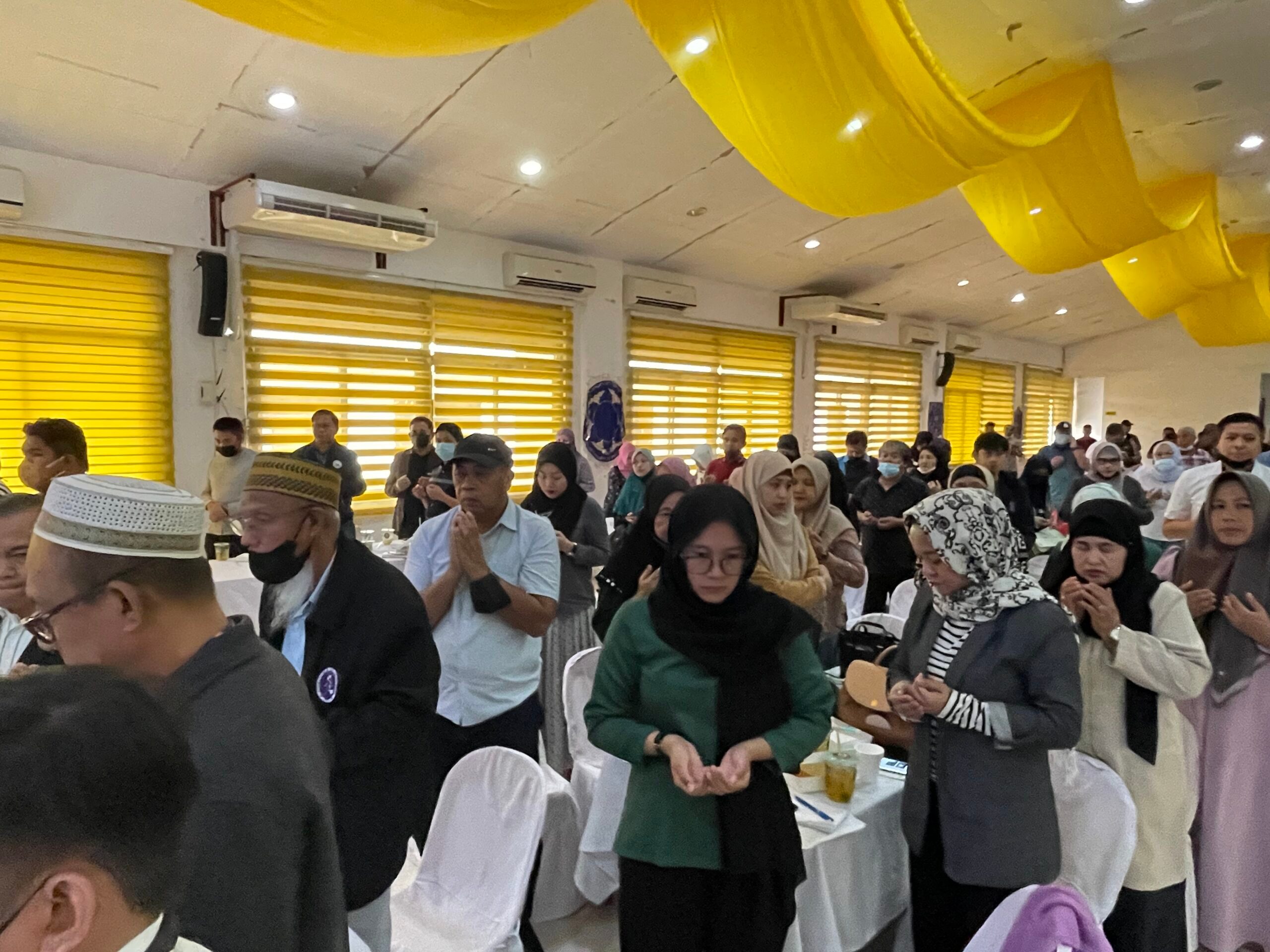
MARAWI, Philippines – Lanao del Sur officials and a multisectoral group of Maranaos urged President Ferdinand Marcos Jr. to speed up the activation of the Marawi Compensation Board to start the long process of indemnifying survivors of the 2017 siege.
During a stakeholders’ consultation meeting organized by the Lanao del Sur provincial government on Tuesday, October 11, they called on Marcos to appoint only qualified Maranaos – specifically survivors of the Marawi siege – to the nine-seat board.
Republic Act No. 11696 or the Marawi Siege Compensation Act of 2022 was signed in April, just months before then-president Rodrigo Duterte stepped down from office.
But the law cannot be implemented without the issuance of the implementing rules and regulations (IRR), to be crafted by the compensation board.
Marcos has yet to appoint members of the Marawi Compensation Board over 100 days into his presidency.
“I hope that the compensation board would start working because the implementation cannot take place without it,” said Felix Castro Jr., the field office manager of Task Force Bangon Marawi.
The Marawi Siege Victims Compensation Act mandates tax-free monetary compensation for those displaced during the Marawi siege.
Those qualified to make claims are the displaced and those who lost loved ones and properties as a result of the five-month fighting between government forces and the Islamic State-inspired Maute Group, and during rehabilitation work-related demolitions.
‘All-Maranao board’
Lanao del Sur Governor Mamintal Adiong Jr. said the consensus among the stakeholders was that all the members of the compensation board should be Maranaos who survived the 2017 siege.
“Hindi ‘yung mga kababayan namin na naninirahan sa Manila – doon nakatira na wala sila noong kasagsagan ng Marawi Siege (Not those who live in Manila, and who didn’t experience the Marawi Siege),” Adiong said.
He said they would closely monitor the government’s response to their proposals, and give special attention to how Marcos would name the board members.
“The people of Marawi have been left behind for five years. They suffered long enough,” Adiong said.
Marawi Mayor Majul Gandamra said he too wants an all-Maranao compensation board.
Gandamra said he joined a group in endorsing at least three Maranao civil society leaders – Dr. Rasuman Paporo, Sultan Nasser Sampaco, and lawyer Macabangkit Lanto – but it wasn’t acted upon because the new Marcos administration was still in a transition phase.
Castro said the government’s work in Marawi slowed down, first, during the election period, and then by the subsequent replacement of officials involved in the rehabilitation efforts when Marcos took over.
“We have completed many projects, but there are still many others that still need to be done,” Castro said.
IRR draft
Adiong urged participants at the stakeholders’ consultation to discuss a draft of the compensation law’s IRR which local officials want to finalize and present to Malacañang before November.
He said local officials would hold another public consultation before they finalize the draft.
The move to produce an draft IRR was meant to pressure the government to appoint members of the quasi-judicial board that would oversee the compensation for thousands of residents adversely affected by the Marawi Siege.
Adiong said he and other Maranao leaders initiated the crafting of the IRR draft in hopes of speeding up the implementation of the compensation law after the creation of the board.
“We don’t want to leave the IRR in the hands of the national government. We want to make it a point to give our input,” he said.
The draft IRR from Lanao del Sur, he said, would make the work of the compensation board easier and faster.
“Maranaos have suffered, and are waiting for just compensation for more than five years already,” Adiong said.
The provincial and city governments, volunteer lawyers, the Bangsamoro Human Rights Commission, Mindanao State University-College of Law, and several nongovernmental organizations were involved in the crafting of the initial IRR draft.
“It is important to let the people of Marawi have the ownership of the process…. The IRR will serve to give us a step ahead toward achieving reparation, and hopefully, toward bringing back the former glory of Marawi City,” said Bangsamoro Human Rights Commission Chairperson Abdul Rashid Kalim. – Rappler.com
Add a comment
How does this make you feel?






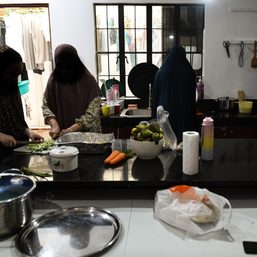
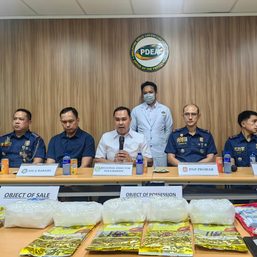
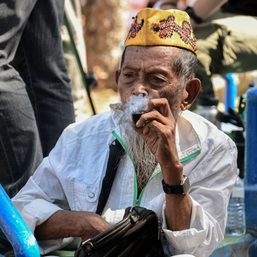






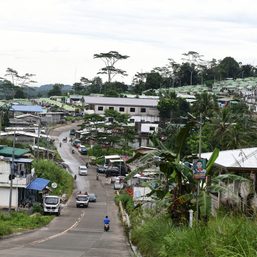
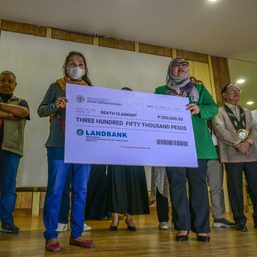
There are no comments yet. Add your comment to start the conversation.